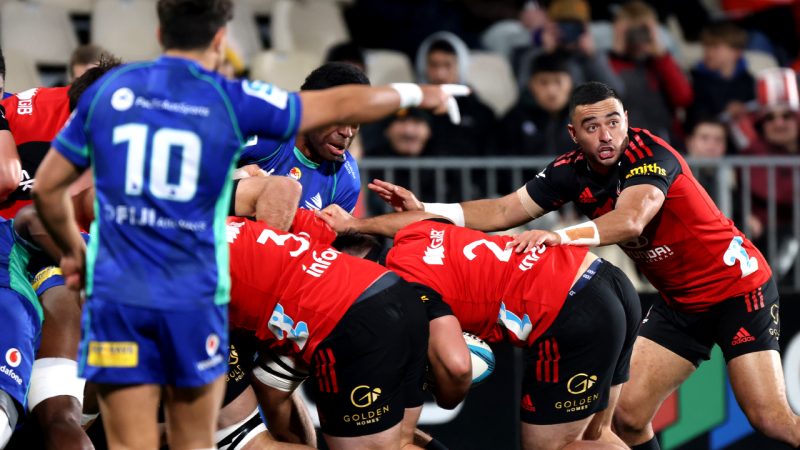Super Rugby Pacific 2023 is set to kick off next week, but as we approach the season Super Rugby has announced that there have been ruling changes made with the aim to make the game “faster and more fluid” than before”.
TIME LIMITS
Referees will now enforce 90-second time limits on conversations that would otherwise waste time when the ball could be in play. 60 seconds will be given for penalty kicks, 30 seconds in a scrum and 5 seconds for the ball to be used at rucks.
TMOs
Television Match Officials will only pause gameplay in serious and clear incidents missed by the referee on the field.
RED CARDS
A player who receives a red card may be replaced by another player after 20 minutes. However, now referees have the authority to give a player a full red card which prevents them from being replaced at all.
Super Rugby Pacific Tournament Director Matt Barlow released a statement about the decision to make rule changes.
"WE WANT SUPER RUGBY PACIFIC TO BE THE MOST ENTERTAINING, INNOVATIVE AND FASTEST PROFESSIONAL RUGBY COMPETITION IN THE WORLD."
He added: “We've listened to our fans and taken steps to reduce stoppages and video replays, increase flow and maintain the integrity of the competition and the safety of players in regard to yellow and red cards.”
Many rugby supporters have said they are all for the new rules as they comment on the @superrugby official Instagram announcement.
“New laws seem to be working in 6 nations, love the quicker lineouts,” wrote one fan of the rule change.
Another agreed writing: “same here makes the game more interesting.”
“Are you telling me that scrums now won't take 5 minutes to carry out?” A third joked.
It’ll definitely be interesting to see how the new rule change goes this Super Rugby season, but will it benefit our national team at an international level? That’s the next question.




